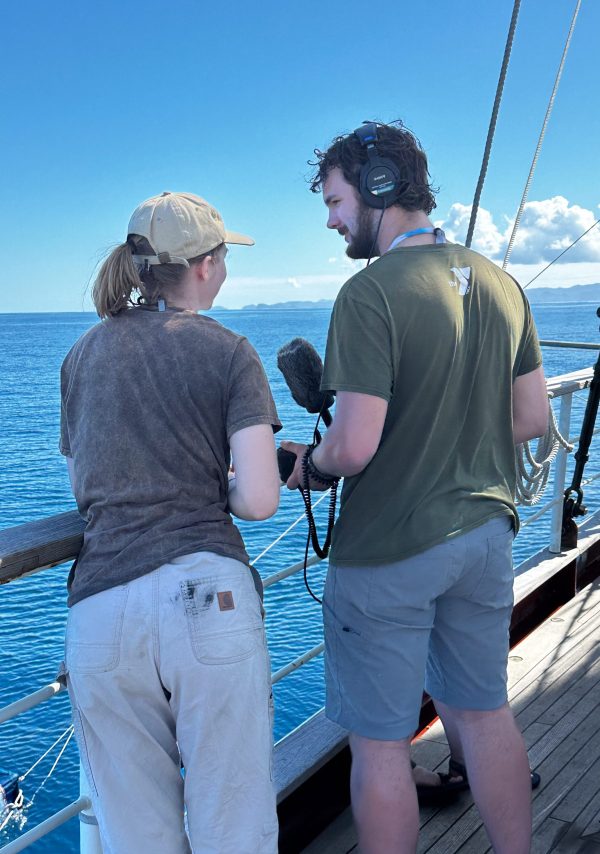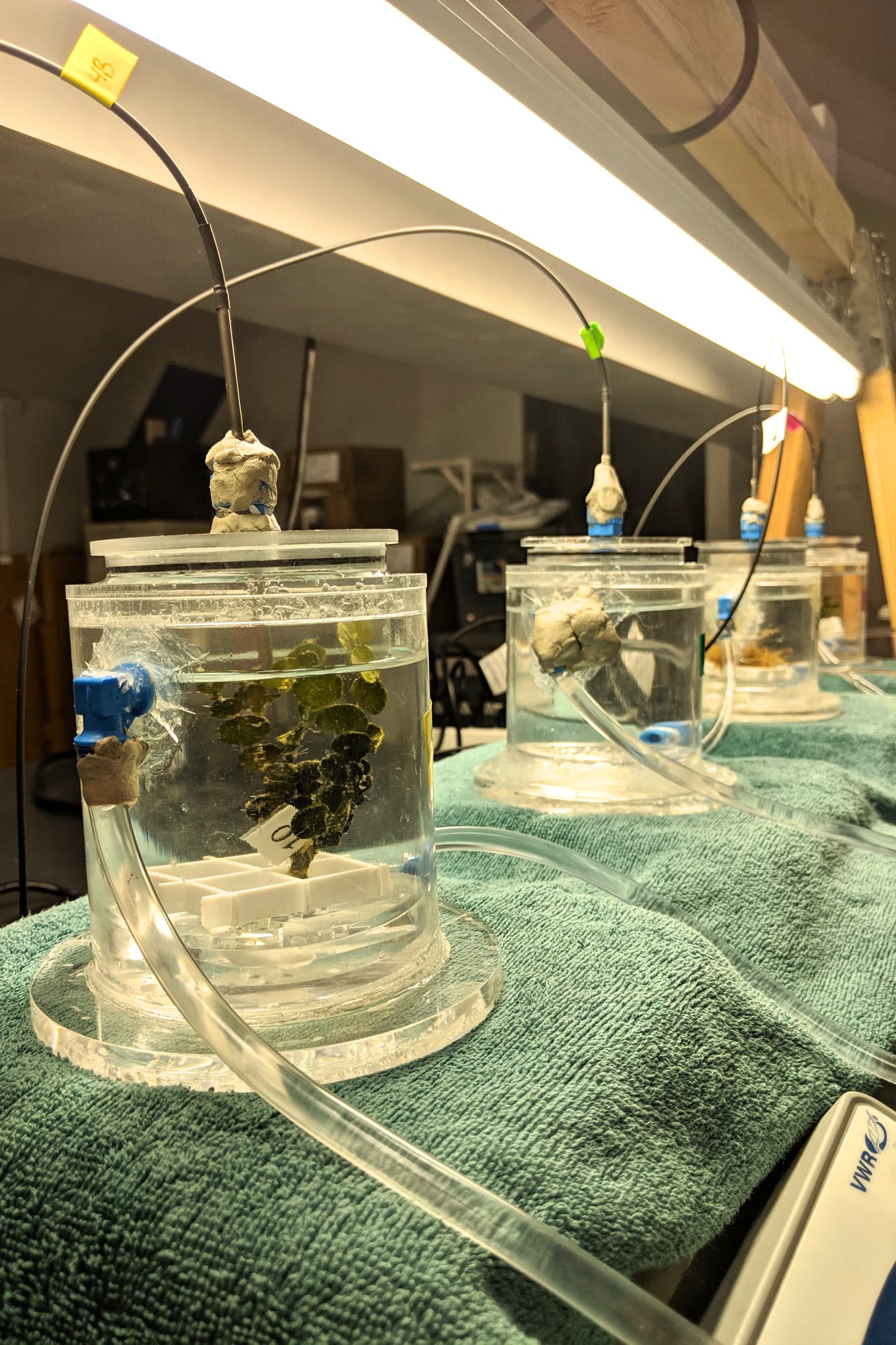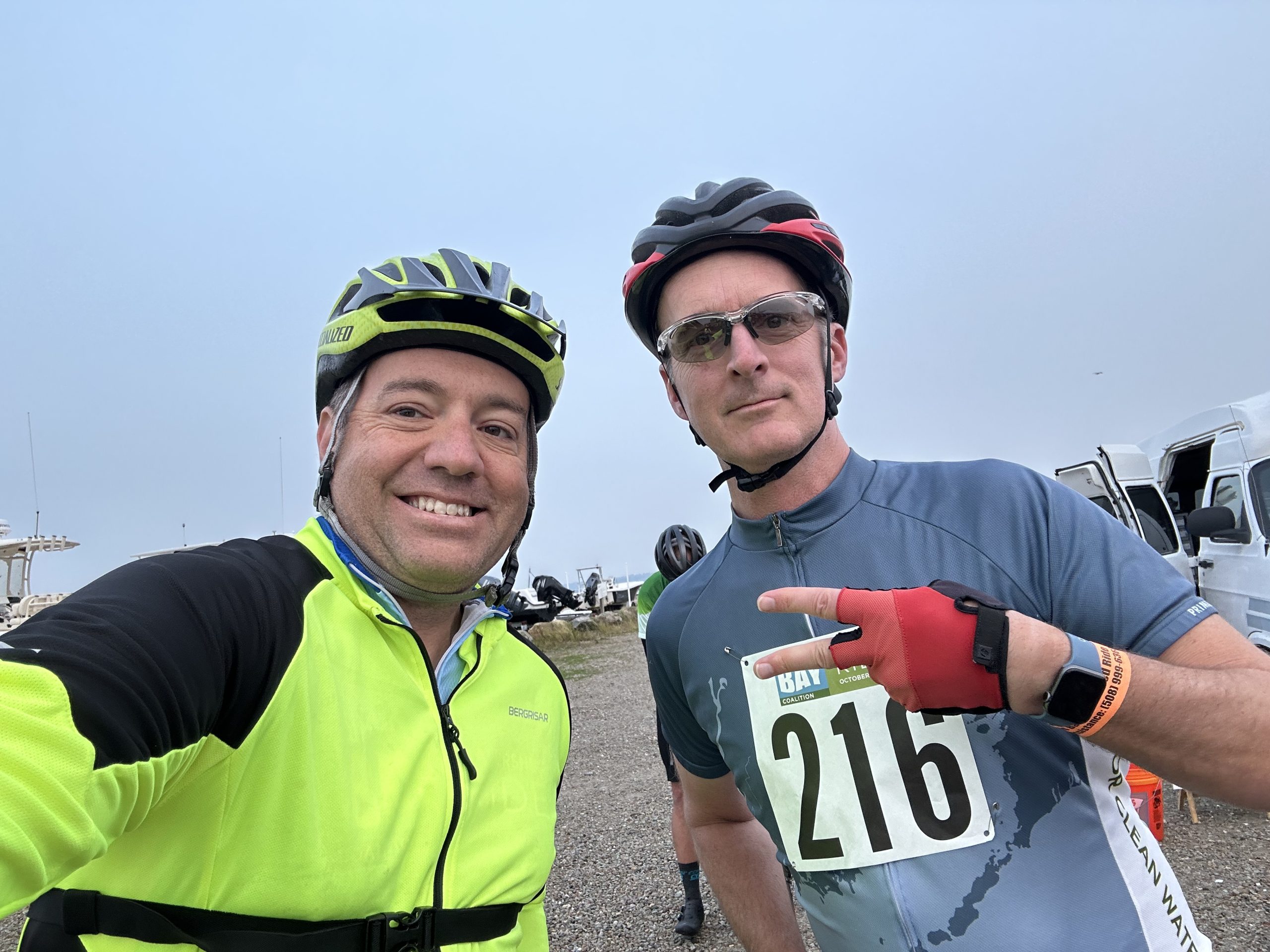Health & Safety
For 50 years and more than one million miles, SEA has thoughtfully and continuously honed its safety policies and procedures to minimize risk to program participants and personnel while achieving programmatic goals. Although SEA takes pride in our safety record, we continuously monitor and assess our training, personnel, policies, and equipment to maintain safety as a priority within our programs and operations. We operate under a philosophy of prevention but prepare for and are capable of a broad spectrum of response.
Safety for all program participants is paramount. The foundation of a successful SEA program begins with our medical screening process. All students are required to have a thorough physical examination performed by a licensed medical practitioner within three months of the start of the program. Additionally, we ask that students be exhaustive and forthright in disclosing all pre-existing medical conditions, medications, and medical histories. We do this not to discourage applicants or limit the number of students who can participate in SEA programs, but rather to best enable our faculty and staff to provide an appropriate learning environment both on shore and at sea. With adequate lead-time, SEA can frequently accommodate a wide variety of medical issues. We will work with every student, on an individual basis to assess whether their participation in an at-sea program can happen safely and effectively.
While on campus in Woods Hole, Student Services staff and the on-site Head Resident are available for minor First Aid as well as transportation to nearby medical facilities. Falmouth Hospital and a nearby walk-in clinic provide additional medical support to our students during their shore component. Once at sea, the ship’s captain and designated medical officer review each student’s medical form, communicating with individuals to stay abreast of student health issues. Both ships maintain 24-hour access to a network of physicians specially trained to provide remote medical care & advice. Our medical response plans include use of MedAire (a subsidiary of International SOS) and Divers Alert Network (DAN)’s TravelAssist program, which arranges emergency medical evacuations for any medical emergency and offers many other medical, travel, and legal benefits. SEA’s DAN membership also allows us access to resources such as Worldcue® PLANNER health, safety, and security briefs, powered by iJET Intelligent Risk Systems, for regions of the globe in which SEA Semester operates.
To learn more about our commitment to student health and safety, access the SEA Safety Policy.
Academics & Credit
Students who successfully complete an SEA program are eligible to receive 17-18 semester credits (12 credits for the Summer Session or Trimester Program, no credits are offered for Gap Year programs). Credits are either issued through their home institution (if affiliated with SEA) or through Boston University as transfer credit. Students must work with their academic advisors in advance to determine exactly how the credits will transfer towards their degree.
Each SEA program offers a set curriculum. Therefore, all students participate in the same courses regardless of their college major. SEA encourages students to work with their home faculty far in advance in order to avoid complications with credit transfer. If students encounter difficulty with course approval, we advise them to contact their Admission Counselor for assistance.
SEA Faculty
SEA offers an interdisciplinary curriculum with an emphasis on hands-on learning and independent research. With a maximum student-teacher ratio of 9: 1 (approximately 2:1 at sea), SEA students work more closely with faculty than at almost any other academic institution. In addition, all SEA faculty members have the highest professional degrees in their fields. They bring extensive experience in their chosen fields, and many are alumni of the program
Communication
During the shore component, students have access to phone, email and internet, and mail. They are welcome to bring and use cell phones while on campus. While at sea, however, although ship communications include high seas radio, satellite telephones, and limited email capability, student access to these tools is purposefully limited in order for them to experience full immersion. We are able to pass urgent messages to students via satellite phone and responses are usually available the next day. Alternately, a return call can be made from the ship directly to any place in the world. Calls directly to the ship may only be made from SEA Headquarters.
Parents may always access the ship’s position and student blogs updated each weekday.
Life on Shore
During each SEA program, students begin with a shore component on SEA’s campus in Woods Hole, Massachusetts. Located on picturesque Cape Cod, Woods Hole is a world center for marine, biomedical, and environmental science.
Under supervision from an on-site Head Resident, students live in one of our fully furnished coed cottages in either a double or triple single-sex room. With their classmates, they share the responsibilities of communal living including food shopping, cooking, and cleaning. Each week, all houses receive a prepaid grocery card (included in the program cost). Students are responsible for budgeting appropriately, satisfying everyone’s dietary needs and requirements, and preparing all meals.
We consider the shore component to be a sort of extended pre-departure orientation. Coursework in Woods Hole prepares students academically to go to sea as mariners, scientists, and global citizens; campus life prepares students for the demands of living and working together on the ship.
Life at Sea
Boarding one of SEA’s ships is like visiting a foreign country. At sea, students will join a culture steeped with strong customs, speak a traditional maritime language, and encounter a part of the world few people have the opportunity to experience.
Life is busy as students process oceanographic samples, participate in classes, stand watch in shifts during the around-the-clock schedule, and delve into navigation, science, engineering, cooking, and cleaning. Teamwork takes precedence as they share responsibility for the ship and the well-being of their shipmates. Relying on each other is essential for the creation of a tight-knit community, where privacy is limited. Learning to balance their time on watch with sleeping, eating, and relaxing is part of adapting to shipboard life.



